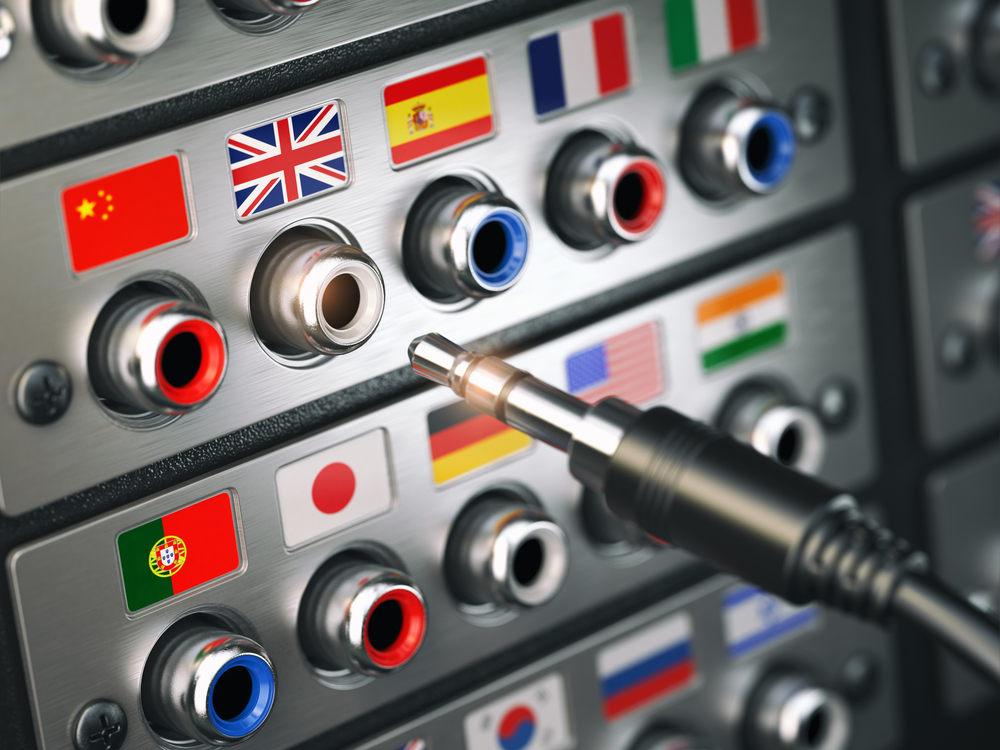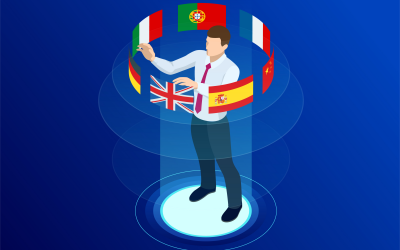Long before I fell in love with the polyglot lifestyle or had studied even one secondary language, I had an absolute infatuation with my first language – English. I loved finding new words with which to express myself; I loved analyzing how various authors and poets commanded the language in such wonderfully diverse ways; I was captivated by the wealth of words in my language that I had never heard before, and I was borderline obsessed with my first thesaurus!
But more than anything, I loved making up new words.
This fascinated me more than anything else: I realized at a rather young age (even though I was too uneducated in the topic to put it into words) that I could manipulate certain linguistic rules to make up words that had never been used before and yet could be entirely understood. Words such a “filtrativity” (i.e., the degree to which something can be filtered) or “scientificate” (to make [something] scientific). “If something that qualifies has qualification,” I thought “then something that terrifies ought to have terrification.” This introduction to the world of derivation opened up a whole world of creativity to me that had never existed before.
And yet, when I started studying other languages, I lost this fascination.
The more I’ve interacted with other polyglots (masters of many languages), the more this seems like an almost universally shared experience: as one falls in love with other languages and dives deep into other forms of communication, one starts to lose an appreciation and love of his/her native tongue. And this is perfectly natural! As we begin to expand our horizons in new and exciting ways through foreign languages, our native language begins to seem bland, uninteresting, and even annoying by comparison.
This was my experience exactly. Once I started to be able to communicate in a second language for the first time and experienced that rush of excitement, all I wanted was more of that rush. And my native English couldn’t offer that to me. And so I instead doubled down on my language-learning efforts, learning more and more different languages until, eventually, I realized I could communicate in a wide array of them! My fascination with my native tongue seemed to have been left completely in the past.
But then something happened that completely rekindled the love I had for my mother-tongue: I encountered that same uninhibited creative passion I once felt in somebody else’s work.
One of my favorite books as a child was Through the Looking-Glass by Lewis Carroll, which was the book that first introduced me to the wonderful world of “nonsense poems” – poems that, to put things quite simply, don’t make sense and were never meant to. In this book, Carroll included a poem entitled “Jabberwocky”, which has gained a significant amount of fame for seeming remarkably coherent despite being composed of largely made-up words. Here’s a sample of the first stanza to help you understand:
“Twas brillig, and the slithy tovesDid gyre and gimble in the wabe:
All mimsy were the borogoves,
And the mome raths outgrabe.”
Reading this book over again as an adult, I became just as enraptured by this poem as when I was a kid. Why?
Roundabout half of the words in this poem either aren’t real words, or weren’t real words at the time that the poem was written. But they… feel like words, don’t they? Not only that, but they feel like specific types of words that you associate with a certain sort of sensation, feeling, or sentiment! So if it isn’t a word, what is it that makes it word-like? The amount of linguistic nuance that went into every non-word was absolutely fascinating, and the more I read and recited the poem, the more I felt the familiar warm infatuation with English that I hadn’t felt since childhood. And after rekindling this romance I had with my native language, I decided to take some focus off of foreign languages for a while just to focus on and properly appreciate my first. And that has been one of the most enriching experiences in my linguistic journey.
Why do we, as polyglots, do this to our native languages? Why do we fall out of favor with it and start to look at it as drab? What are some of the things we can do to appreciate our native tongues more?
What do you love about your native language? What makes it fascinating, and how do you love to use it differently from others?








0 Comments